Back in 2008 and 2009, three influential magazines published highly complimentary articles about the relatively undiscovered Ecuadorian town, Cuenca, that set off an explosion of foreigners moving there. Choosing a city rather than a country for the first time ever, International Living rated Cuenca as the world’s #1 retirement destination. Germany’s influential Stern magazine rated Cuenca as the top city in South America for foreign retirees (“expats”), while National Geographic included it in their list of the world’s top 50 historical cities. Not to be outdone, in 2010, Lonely Planet’s “Best in Travel Guide” included Cuenca among its top ten “must-see” cities. Whew…that was a huge amount of positive horsepower driving expats to either visit or move to Cuenca, but does the city live up to its larger-than-life reputation? My wife and I spent a month there to find out for ourselves the true story behind the Cuenca legend.
First, I need to get out of the way the fact that, as so often happens, the glowing hype we had read about Cuenca’s “visually stunning, European-style charm” didn’t match what we observed. To our eyes, Cuenca looked OK, but it was not particularly beautiful or “Europe-like”. In fact our first impressions were shaped by the heavy volume of traffic on the main streets, including a steady stream of black-smoke-belching buses, mixed with innumerable yellow taxis, cars and trucks honking their horns regularly as a sort of audible driving sensor. Many buildings, even in the vaunted UN World Heritage historic center of town, looked worn and in need of painting, patching, and graffiti removal. So our first impressions were a bit of a let-down. Over time, this feeling changed.
After spending a month walking around much of this town of 500,000+ inhabitants, talking to local residents and media veterans, and touring most of the popular places surrounding Cuenca, we have reached what I feel is a more balanced, but positive view of why Cuenca deserves to be considered as an overseas retirement destination.
To begin with, Cuenca has many attractive features: pleasant, plant-filled plazas, four cascading rivers, 52 churches with generally beautiful interiors and surprisingly varied exteriors, a scattered assortment of nicely painted and architecturally compelling buildings and a ring of green, frequently cloud-draped mountains framing the town in almost every direction.
Even more important than the physical appearance of Cuenca is the most attractive feature of all: the Ecuadorian people. In all my travels, I have to think hard to find a group of folks more friendly, kind and welcoming than the Ecuadorians we’ve met. Strangely enough, my pre-visit research warned of crime (mainly petty theft), and yet we have found ourselves walking throughout the city without any fear. Many of the single family homes have electric wire security fences, and nearly all significant businesses have armed security guards, but based on our daily travels throughout the area, Cuenca deserves its reputation as a safe place for expats to live. In addition, we appreciated the fact that wherever we have gone, from crowded markets full of poor people to upscale areas, we have always felt completely comfortable mixing with the Ecuadorians around us—free from any stares or negative nuances of any sort; instead we’ve always felt a reassuring sense that the people accepted our presence without reservation.
So while there is a lengthy list of positive features that attract expats to Cuenca, the low cost of living is the main consideration. Where else does a taxi ride across town cost less than $2, while a new condo with a mountain view, fully furnished, rents for well under $800 per month, and $2.50 buys a full meal with a fresh juice drink, a bowl of vegetable soup, a plate of rice and chicken (or meat) with a small side salad and a small dessert? US retirees generally can afford to live here, with an above-average standard of living, on just their Social Security income. In addition, the city is remarkably clean, the quality and quantity of restaurants will satisfy almost any palate, the climate is mild (though I’ll warn you that it rained and was surprisingly cool almost every day in January while we were here), and medical care is inexpensive, high quality and readily available.
Another major factor in drawing and keeping expats here is the strong social scene; one study ranked Ecuador as the #1 place in the world for expats to make friends with locals and other foreigners, and this would be especially true in Cuenca. Although no one knows the exact number of expats living in Cuenca, the best guess as of early 2017 is around 5000, up from just a few hundred ten years ago. As found on the local expat media sites (see listings below), there is a dizzying array of activities for expats to get involved in, ranging from yoga, fitness classes, hiking clubs, writers groups, church meetings, live music venues and much more. During our first week, we savored the acoustics of a free symphony concert in the central plaza’s oldest church. Twice we upped our jazz appreciation by attending high-caliber performances at the elegant Jazz Society of Ecuador venue downtown. The active social scene and low costs are big pluses.
So given the many attractive features offered by a life in Cuenca, why do expats live there only 3.5 years on average? As Neil Mailer at GringoTree explained: “Cuenca is a great starter city for expats moving overseas for the first time. After getting adjusted to life overseas and figuring out what they like and don’t like, some people move on to other places that sound appealing.” I frequently heard that when many expat couples move here, they get divorced because of too much togetherness, or because one person loves it here and the other hates it. Many expats can’t handle the language barrier, the cultural differences, or even the altitude that averages well over 8000 feet. Others get pulled back home by grandkids, homesickness or boredom. As Cathy T. said, “Being an expat can be a lot of work, thrilling, fun and frightening all at the same time. Life here is different than in the US, that’s for sure.”
After our investigation of life in Cuenca, what conclusions have we reached for ourselves and what advice would we give others considering moving to Cuenca? I agree with David Morrill at CuencaHighLife when he says, “Anyone considering moving here should first come to visit and spend a few weeks, preferably a couple of months before making a final decision.” Doing plenty of preliminary research is important, and fortunately there is a wealth of valuable expat info on the resources listed below. But nothing takes the place of experience a new place first-hand.
Could we live there? We’re not sure, but we would consider the possibility, at least part time. For those who face financial constraints, or who seek either adventure or simply an escape from whatever annoys them back home, Cuenca offers a very attractive option for good-quality, low-cost living. Is Cuenca still the world’s top retirement place? That’s hard to say, but it definitely deserves serious consideration by anyone looking to retire overseas.
Enjoy the adventure of living life more fully wherever you are.
Doug Hansen is a travel writer and photographer in Carlsbad, CA. See more photos and articles at www.HansenTravel.org or Instagram @doug6636.
…………………………………………………………………………………………………………………………………………
IF YOU GO:
BEST INFORMATION RESOURCES: Find my complete report about Cuenca pros & cons at www.HansenTravel.org; www.yapatree.com has a wide variety of expat articles, resource directories, current events; www.CuencaHighLife.com; www.GringoPost.com (classified ads).
CURRENCY: US coins and bills are exclusively used in Ecuador.
ELECTRICITY: 110 – 120v, same as in the US, with same plugs (but bring a 3 prong to 2 prong adapter just in case).
WHEN TO GO: Even though Ecuador is on the equator, the high altitude of Quito and Cuenca results in some chilly weather. The dry season (summer) runs from June to September and the wet season (winter) is from October to May.
MISC: Hikers will need good hiking shoes (trails are often rought wet or muddy), binoculars, sunscreen, insect repellent, hat, lightweight long sleeve shirts and long pants (shorts are seldom worn in public), rain jacket or umbrella, two color copies of passports (keep one copy with you at all times).

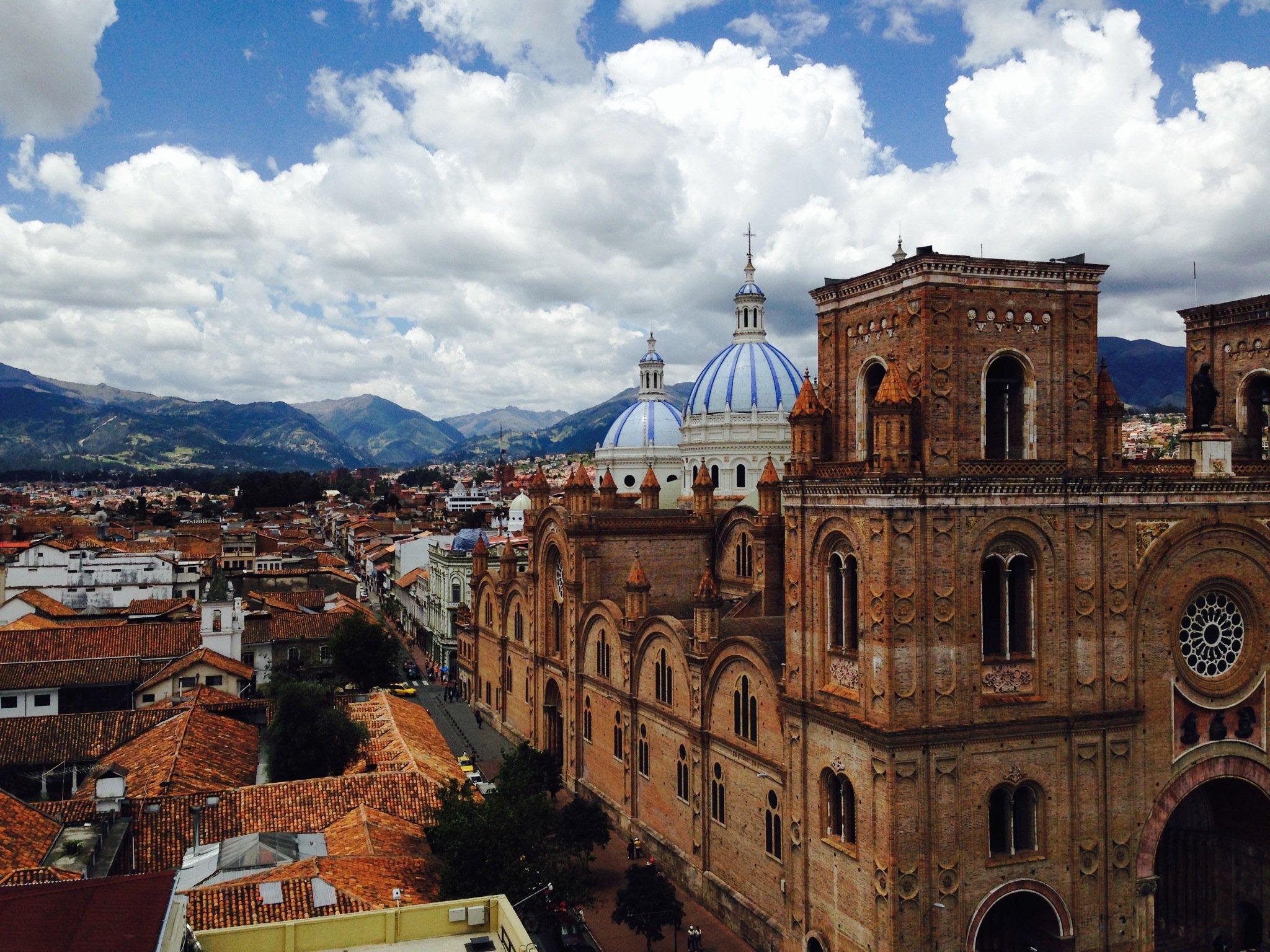




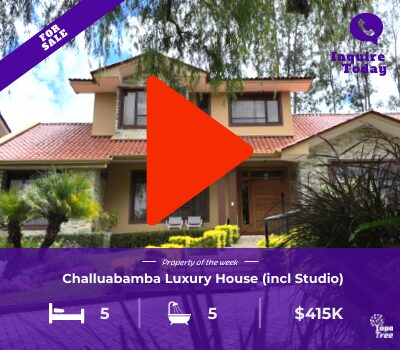
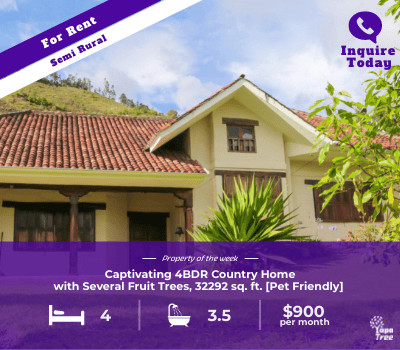




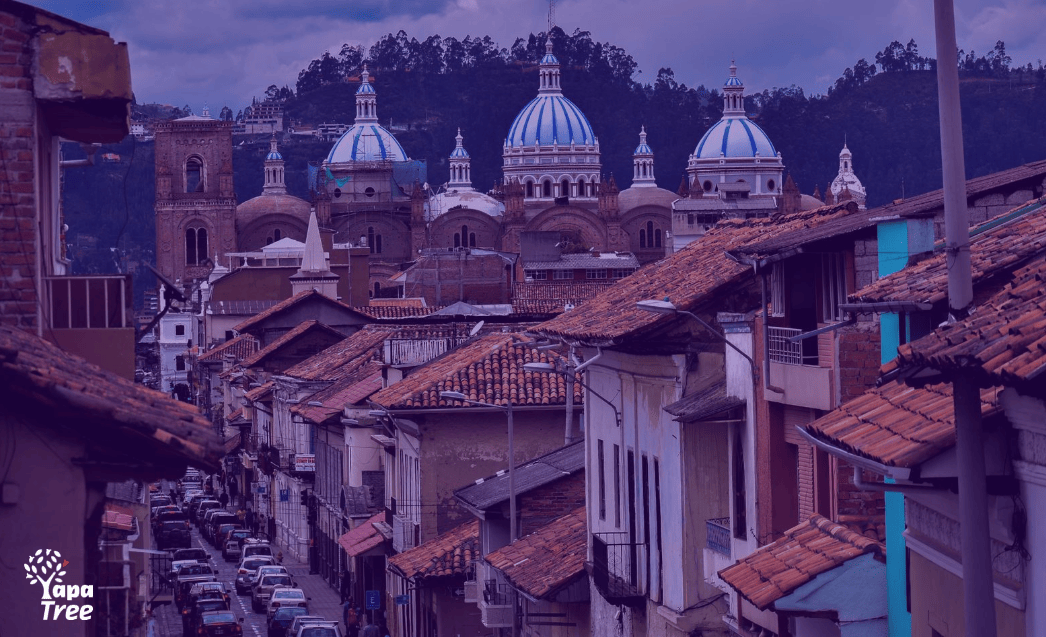
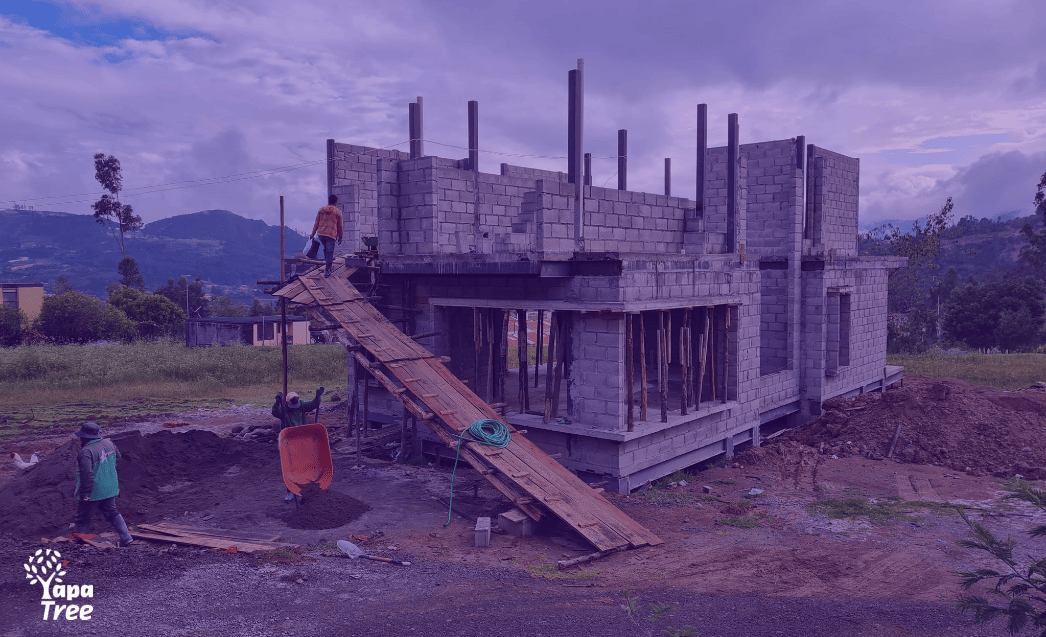

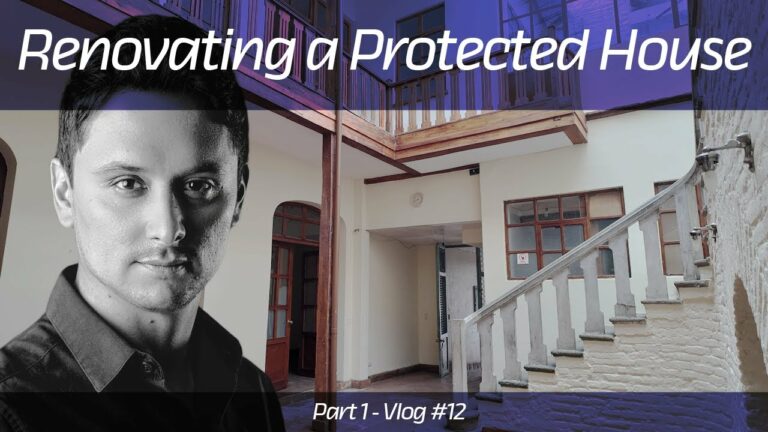

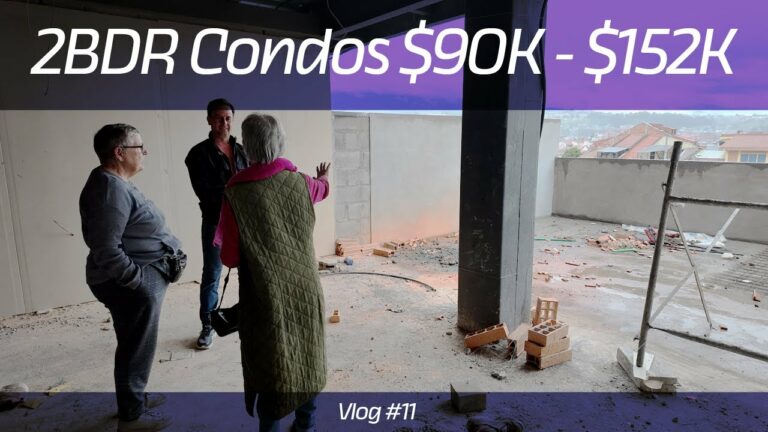

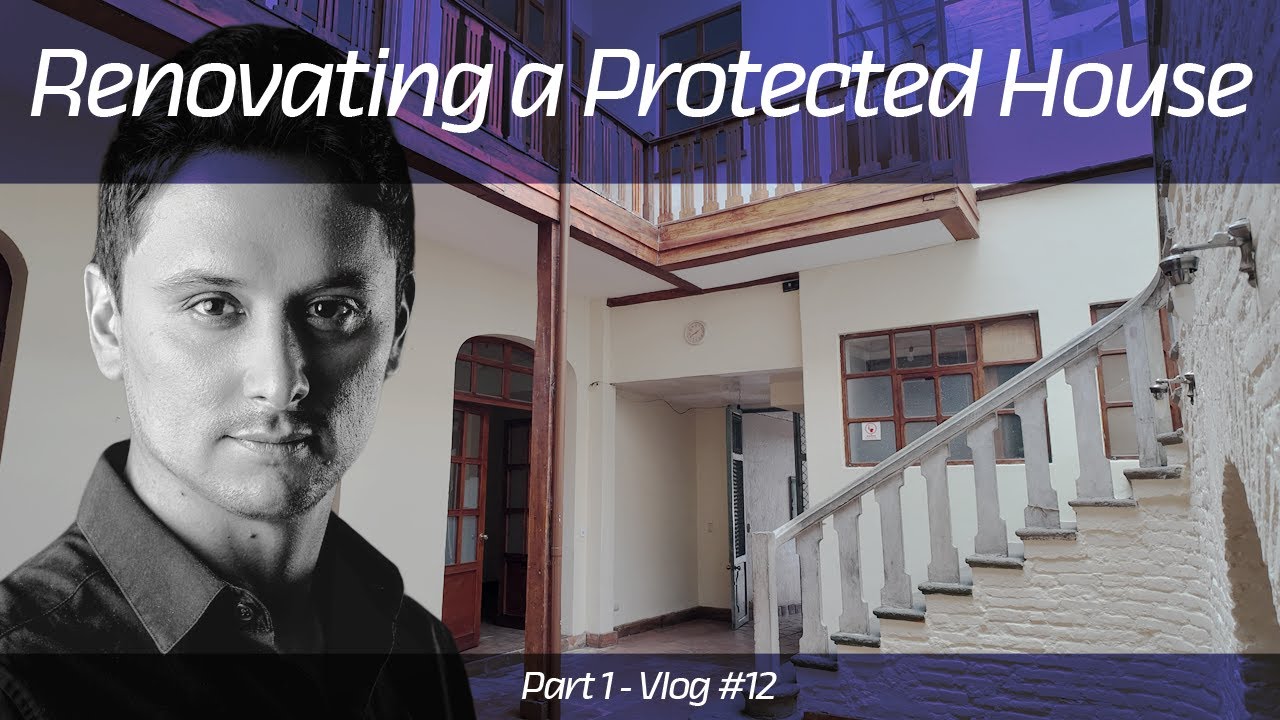

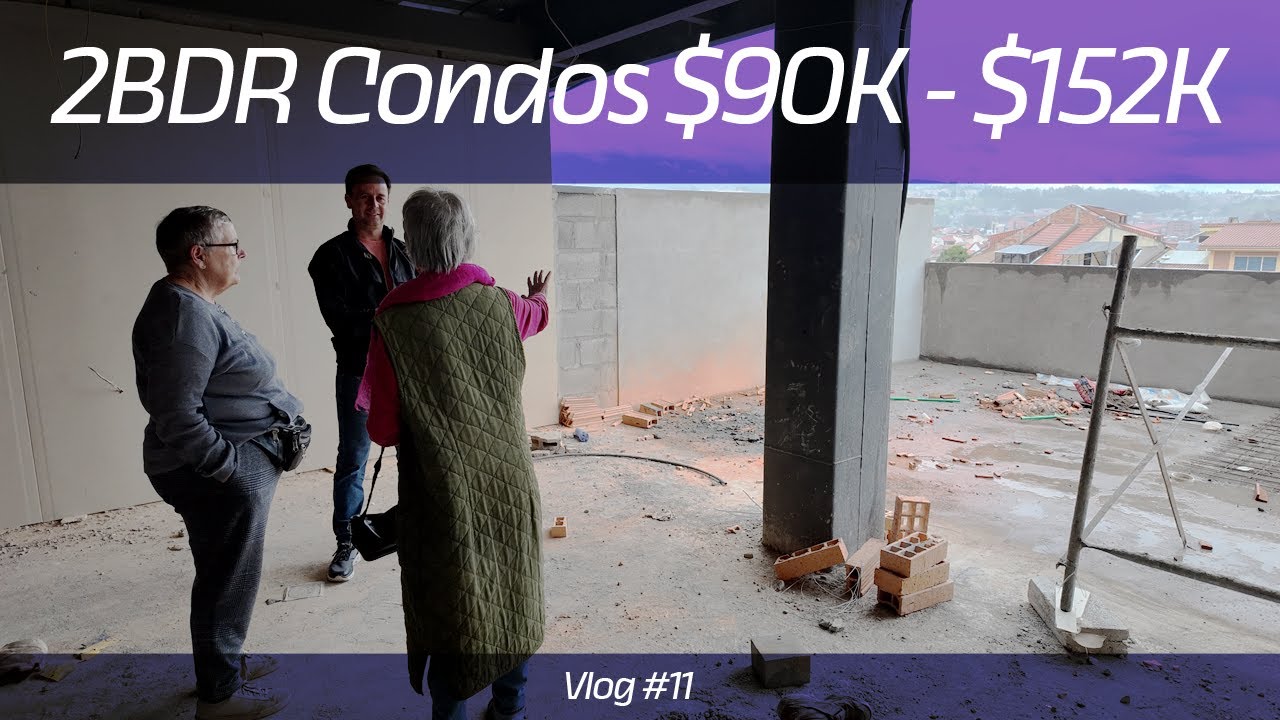
10 Responses
Cuenca has a population of 614,000, according to the most recent census.
Very nice article. I live in Cotacachi – small city and less expats. Have been here for 7 years. Ecuador has a place for everyone.
This article pretty much puts it in a nutshell. I moved here from Long Island New York one and a half years ago. My biggest problem is that I do not speak the language, however, everyone is very accomodating and I manage to get by, but knowing the language would be a major plus.
Great article. Beautiful city. Beautiful country. Been here six months as an expat retiree. Hoping the Ecuadorian Ministries are able to work out the many issues that have been making getting a residency visa something short of a nightmare for many of us.
I’ve lived off and on in the Cuenca area for close to 40 years. I’ve given up on trying to figure out the weather cycle. Dividing the year in half with a wet and dry season is a real generalization. I’ve experienced droughts in just about every month (except April). It usually seems to be cooler in June – August, sometimes raining almost every day, some years just overcast or even sunny. I’ve experienced warm spells during that period as well. It’s really anyone’s guess on what the weather will be like today, or this week, or this month.
Do not buy land or condo best advise i can give you. You rent anything you want
To buy it might look well but the pumbling could be a mess or the electric or a lot more can be wrong its unbelieve that way
we came to get 3 things and we got more we have lived here 4 yrs. We see a lot of people go back to america. You have to see it for a month and understand what is good and so so. Our first thing was lower cost of living good health care without spending a fortune. The health care from the government ies is not as good as it was when we first came. So we switched our budget i am 71 yrs and i have private ecuadorian insurance operations some pills this includes drs i pay $99.99 a month
My husband who is younger pays $85.00 a month. Rent there is so much to check
When they say hot water it is only in bathroom unless building is new. Nothing is as you see so question everything. This is funny i told a friend to be sure she has internet because they never come to install. The landlord pointed to the boxes on the wall internet. But when she moved in and lift the lid hahahaha no wires you get my message she had to move he would not insult wires the never. My insur. Is 80/20 for all operations and i have a choice of two hospitals. You have to own it for a yr before any operations but they do do cateracts. Now systems are different here and they don’t want to change them even if your ideas are great this is their country and they feel strong so if you want something you better be nice. I have more info but i think i have told you enough. In your suit case pack toilet paper just in case you will thank me, umbrella bring many, sun screan, this is not a country for handicap people. Or people that are not flexible, we are here out of necessity
And it accomplished our problems. Learn spanish before you come. If you can’t speak spanish you need a women that can speak both languages well she is very important.
I even take her to the hospital with me. She worked out my rental i have now he said one price she said no no no and he came way down. Perfect.
Thanks for the great article!
As we conclude our second visit to Cuenca in 4 years, we have seen some differences. The explosion of expats is a fact. My wife has been especially put off by the congestion( read big belching buses) which I thought would now have been corrected in the historic sectors by the tram system. A bit more prevalent is the graffiti which no one likes to see, but leads expats or foreign visitors to believe the city is gang ridden. Care of the exterior of buildings should be elevated, to remain top of list.
We both speak at least some decent spanish, but stop in any bodega for a blank stare ( even Pilsner, cafe or acete). I still think speaking some spanish shows we are game. The Ecuadorians are so friendly warm and welcoming I cannot help to see a bright future for the city and the country.We are both too young to retire and have been looking to do another hospitality business. Purchase could be an option but renting seems preferable with some of the uncertainties we have encountered. Before we jump in we will have to return for a month or so next year.
I am a Cuencana and I’m very happy to read your good comments, and at the same time, I am sad because most of the bad comments are true. I wish that the traffic, the smoke from the buses and all the other problems you had to deal with didn’t exist. I feel bad for ourselves, and for the tourists, and the living expats as well.
I am truly sorry!
Hmmm,
I think it’s a tad irresponsible to judge a country, or a city , by a one month visit. In that time, you are more likely than not, to be in a short term rental. Lets talk about ” living ” in a city. In a rental situation, all your services are provided for you. Now, if you live in a city, you have to deal with: setting up internet, gas, water, electricity, medical care, telephone, the list is endless. The bureaucracy is a nightmare. I lived in Cuenca for two and a half years. The people were wonderful, and I always felt very comfortable as far as personal safety was concerned. But, the down side was more than I was willing to put up with. Uneven streets and sidewalks, traffic congestion, bureaucratic delays, going to a store, and paying with a 10 dollar bill, only to have the shopkeeper run off to get change. This was just the tip of my frustrations, and some may seem petty, but, I wasn’t in a financial situation were I needed to live a more frugal lifestyle. My biggest frustration, of course, was not knowing the language. If you plan on moving to a foreign country, at least have the rudiments of that countries language. In my case, I have no one to blame but myself. WTH was I thinking? Please don’t misconstrue my meaning. Not bashing EC./ Cuenca in the least. Just trying to give my personal experience. Like the old adage goes ” that’s my 2 cents, and worth every penny “
A common mistake is to think that Cuenca is the center. To make a good review of Cuenca as a city to retire you should make your camp base in the outskirts of the center, between the rivers, beautiful landscapes, tranquility, good medical services, etc. If you add a “touristic” tour to the center once every two weeks, you will understand why many people consider Cuenca as a truly jewel.